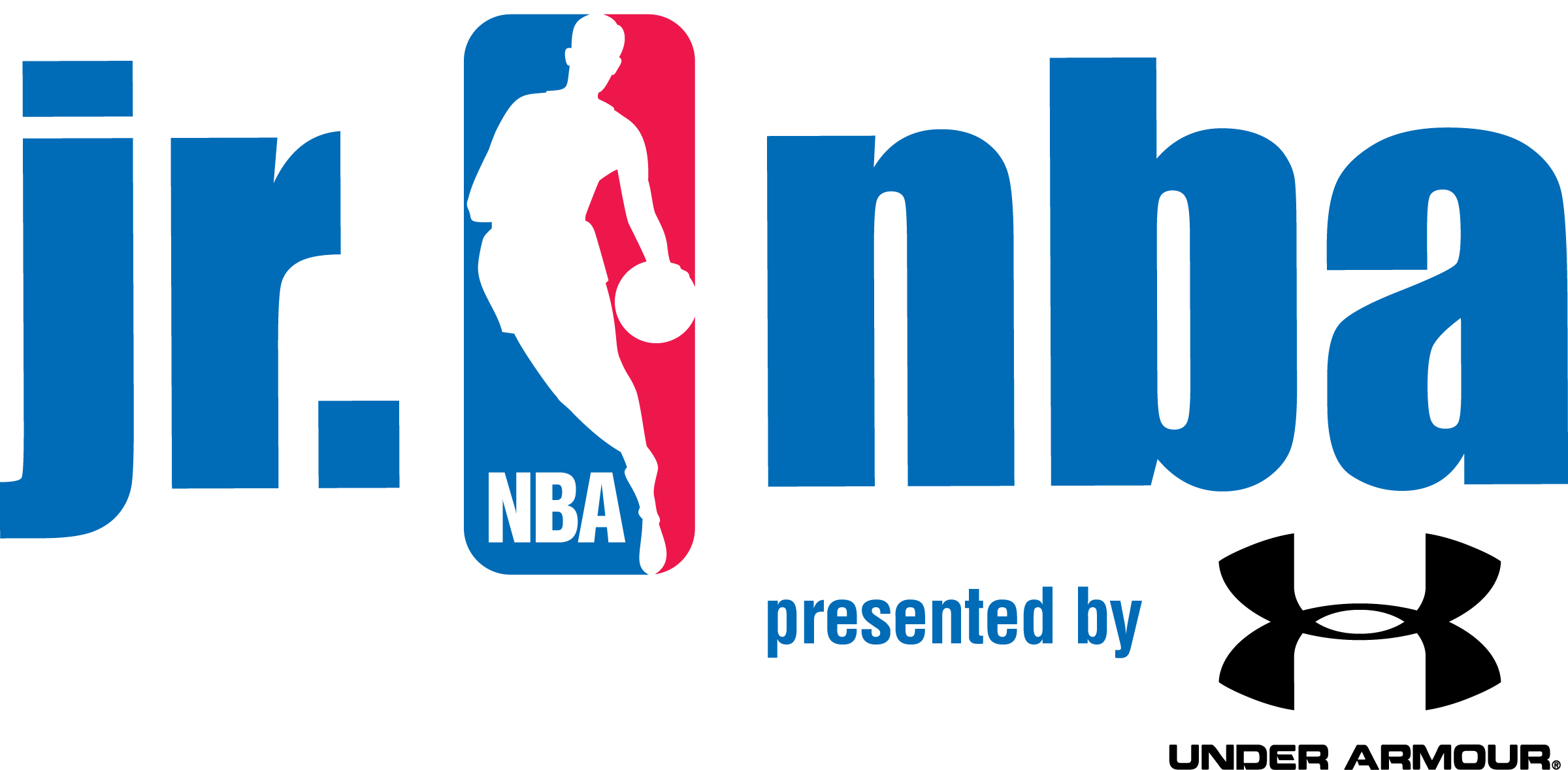
Basketball on the Edge – Stop Playing Through Pain: How to Safeguard Youth Athletes
Some people might applaud the concept of playing a sport through pain and injury, considering it to be “hardcore.” As parents, coaches, trainers, and young athletes, where do we draw the line with injuries?
Basketball on the Edge – 10 Things to do when the Clock is Stopped
1. Check the time and score.
Good players always know the time and the score. Be sure to remind your teammates of the game situation and how that impacts your strategy. Are we ahead or behind? Do we need to foul?
2. Make sure your teammates know who they are guarding.
Get everyone on your team to talk and point and communicate. This is especially important the younger you are. Missed assignments often result in easy baskets for the other team!
3. Remind a teammate individually of their responsibility.
Examples of this might include, “You’re taking the ball out of bounds against the press” or “Make sure you set the backscreen when we run the offense next time down,”
4. Gather your team together for a quick huddle.
You can’t take too much time, but just a quick word of encouragement, “Let’s D-up” or “Come on, we need to get a good shot next time down.” can help your entire team come together at critical moments in the game.
5. Compliment a teammate for a nice play.
“Nice pass on that last fast break!” or “Great defense against their pick and roll!” can go a long way toward encouraging your teammates to keep their effort level high and their head in the game.
6. Look to your coach.
Often your coach will use a stop in play to give instructions. If the gym is loud you may not hear, by giving the coach a quick glance when the whistle blows you’ll know if he or she is trying to get your attention.
7. Focus on what you need to do in the moment.
What are your responsibilities? Focus in on your role and what you can do to help your team on the next possession. Are you guarding the inbounder? Are you supposed to set a screen for a teammate? Is the other team pressing? Where should you be on the court? These are all things that you can be mentally rehearsing during a stop in play.
8. Catch your breath.
Your adrenalin level is high and you have been hustling all over the floor (you have been right?). Take a second when the whistle blows to take a deep breath and compose yourself so you are ready when play resumes.
9. Let your teammates know your time-out situation.
Do you have time-outs left? Tell your teammates “We have a time-out if we need it.” Do you have no time-outs? Tell your teammates “No time-outs left!” Games have been won and lost because teams didn’t know their time-out situation.
10. Let your teammates know the foul situation.
Are you in the one and one or double bonus? Let your teammates know. Comments like “Be strong with the ball, they have to foul” or “Let’s take the ball hard to the basket, we’re in the bonus” can help remind teammates to take advantage of opportunities to get to the free throw line.
These are ten things that good players can do when the clock is stopped during a basketball game. Many players use this time to look into the crowd, complain to an official, or get down on themselves for something that already happened. Don’t be that type of player. Instead, use the time when the clock is stopped to do one or more of the valuable things on this list to help your team win more games.
Basketball on the Edge – The Bare Essentials: Three Things All Athletes Need to Succeed
Elite performance is determined by a number of factors, amongst them innate talent and genetics, hours of deliberate training, coaching, and luck. But performance is also great affected by what is between an athlete’s ears: mindset. An athlete’s state of mind is perhaps the single greatest factor that affects performance.
Basketball on the Edge – 5 Unorthodox Tips to Improve Dribbling Skills
1. Dribble the ball on the carpet.
There is no better place to practice dribbling hard than on the carpet. If you don’t dribble the ball hard it won’t come back up to you. This is a great way to vary your dribbling routine and do something different to get out of your comfort zone. Make sure you get permission from your mom before you start! When I was a kid I did ball handling drills while watching tv in the family room. In order to keep my dribble alive I had to pound the basketball. This leads me to my next tip…
2. Watch tv while dribbling the ball.
What better way to make sure you are keeping your head up and not looking at the ball. Your brain is forced to attend to multiple stimuli at the same time just like it will during game situations. There is an added bonus that the workout will seem to go faster because your mind is engaged in what you are watching. Just make sure that you are concentrating on giving your max effort to the dribbling and not just going through the motions!
3. Wear a blindfold while dribbling the ball.
This is another great way to improve your feel for the ball. Obviously you want to do this in a stationary position or in an empty gym where you have plenty of space to maneuver without crashing into anything. Don’t do it in the living room right next to the coffee table with the antique vase!
4. Wear gloves while dribbling the ball.
Borrow a pair of gardening gloves from your parents. The idea behind wearing the gardening gloves is to create a challenge that gets you out of your comfort zone. When you wear the gloves, your natural sense of touch is taken away so you really have to focus on maintaining control of the ball when you have less grip.
5. Dribble a basketball covered with a plastic bag.
The Cavaliers’ Kyrie Irving used this technique to improve his dribbling. The plastic bag creates an unpredictable feel for the ball during dribbling. The bag takes the bounce out of the ball and makes you dribble harder. The smooth, plastic surface also reduces the feel you have for the ball, so that you have to focus more on the controlling the ball when you have less grip.
These 5 unorthodox dribbling tips can help you become a better dribbler. Don’t be afraid to look silly and make mistakes. If you practice some of these methods in the gym, you may get funny looks or have people asking you questions. Remember, the only way to get better is to get out of your comfort zone and force your body to adapt as you work to develop new skills.
One last bonus tip – Take your basketball with you and dribble it everywhere you go. A basketball player should never have to ask the question, “Has anyone seen my ball?” Just like it says on the Nike T-shirt “Basketball Never Stops!”
Basketball on the Edge – Must Watch Video about being a Basketball Parent!
Here is the link to a must watch video by Alan Stein of Stronger Team about being a basketball parent.


